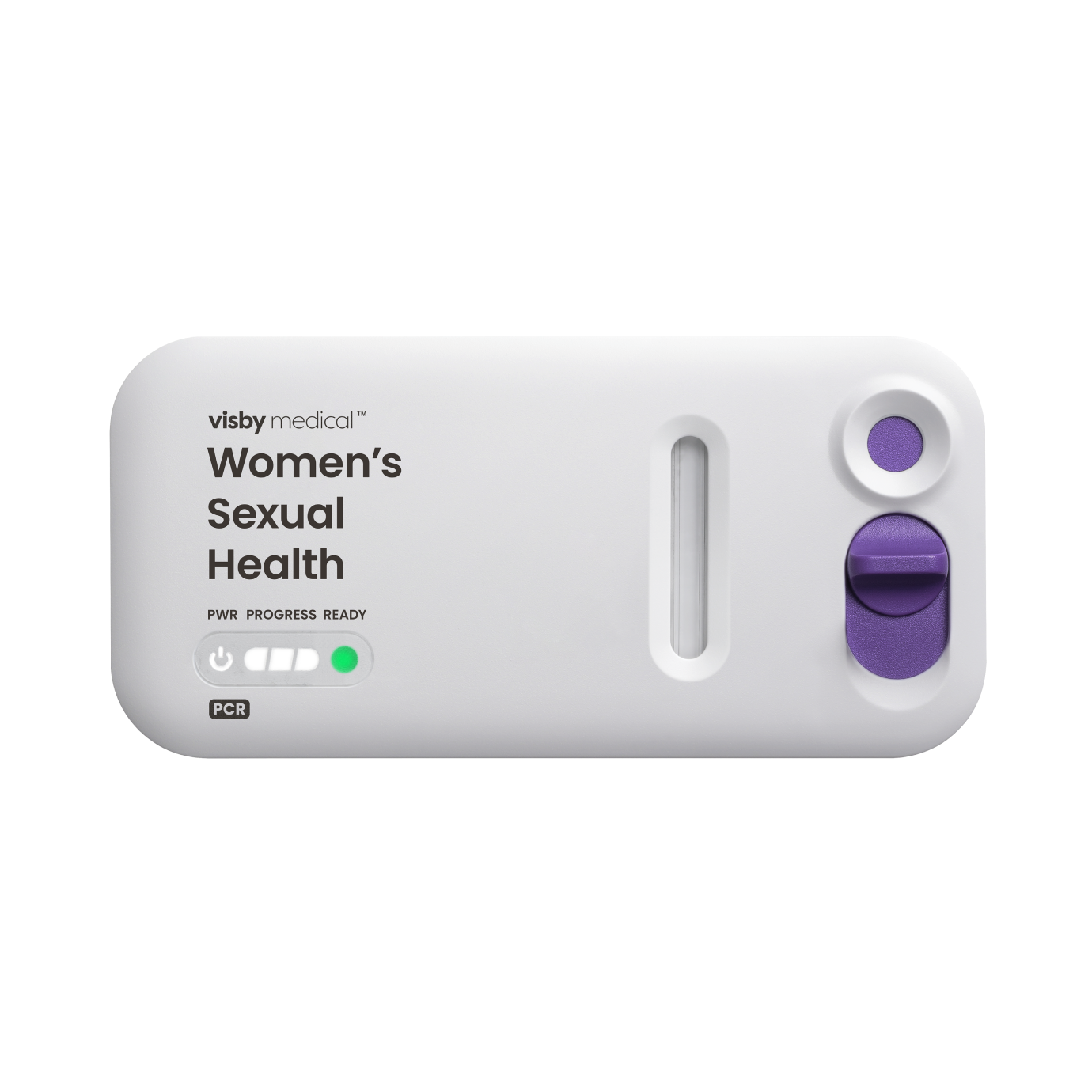
Medically reviewed on January 24, 2023 by Jillian Foglesong Stabile, MD, FAAFP. To give you technically accurate, evidence-based information, content published on the Everlywell blog is reviewed by credentialed professionals with expertise in medical and bioscience fields.
Table of contents
- What are heavy metals?
- How do we get exposed to heavy metals?
- 4 harmful effects of heavy metals in the body
- Are there any other symptoms and consequences of heavy metal poisoning?
- How can I tell if I have heavy metal poisoning?
- How can I curb my exposure to heavy metals?
- Protect yourself from dangerous heavy metals with Everlywell
- Related content
From environmental toxins to foreign pathogens, our bodies encounter harmful invaders that can disrupt intestinal, cognitive, and organ function [1].
More specifically, some heavy metals like lead, arsenic, and mercury, which can be found in our drinking water supply, certain medications, and marine foods, may cause life-threatening damage if you fail to receive proper treatment [1].
What are heavy metals?
In this context, heavy metals is a term used to describe a cluster of naturally-occurring elements that, by definition, have a high density and metallic weight [2].
Not all heavy metals are deleterious to your health. Indeed, some, such as iron, zinc, manganese, and copper, are absolutely essential to your well-being (albeit in proper amounts) [3].
But the effects of heavy metals in the body—namely, the ones that have given certain types of fish somewhat of a bad rap—can be toxic to the human body in excessive amounts. These include:
- Mercury
- Arsenic
- Cadmium
- Lead
- Thallium
- Aluminum [4]
- Nickel [4]
- Radium [4]
As the National Center for Biotechnology notes, these particular heavy metals “serve no biological purpose.” We don’t need them, and when we’re exposed to them, we may experience a litany of both immediate and long-lasting consequences.
How do we get exposed to heavy metals?
Huge strides have been made to reduce toxic metal exposure to these dangerous, even lethal heavy metals. Lead paint, for example, which was once used for its durability for painting residential properties, was banned for residential use in 1977 [5].
Nonetheless, there’s still a risk of confronting heavy metals, especially for folks who work in certain industries such as mining and metallurgy. Heavy metals can be found in [2]:
- Industrial waste, such as contaminated food or water
- Shellfish that’s been exposed to polluted runoff
- Vegetables
- Seeds
- Medications
- Supplements
- Pesticides
- Herbicides
- Incesticides
- Wood preservatives
- Contaminated drinking water
- Tobacco smoke
- Cosmetics
- Liquid in thermometers
- Fireworks
- Lightbulbs
- Old pipes
- Flame retardants
- Food preservatives
Exposure can occur through skin absorption, inhalation, or consumption [6].
Certain locations can also heighten your risk of chronic exposure to toxic heavy metals. Areas with volcanic interruptions, such as the Big Island of Hawaii, firing ranges, and factories that manufacture nickel-cadmium batteries and plastics are particularly high in heavy metals [2].
Surprising, yes, especially since many of us use and consume things we may not realize have heavy metals, like makeup, a plate of grilled swordfish at a posh restaurant, or an old lightbulb.
4 harmful effects of heavy metals in the body
An isolated, chance encounter with secondhand smoke probably won’t result in abnormally high cadmium levels in your body.
And yet, if you live in a home that was built in the 1960s, frequently eat shellfish or smoke, you may have a higher toxic heavy metal build-up in your body than you realize—and you may feel ill because of it.
Why does this happen? Heavy metals are stubborn, tenacious, and rather aggressive elements that have the power to bind to cells in your body, which compromises the function of your organs and may lead to several chronic symptoms [6].
Related: What is arsenic poisoning?
Abdominal pain and gastrointestinal issues
Aches, cramps, tenderness—all can occur if heavy metals have accumulated to the point of heavy metal toxicity in your body [6]. Exposure to water that’s contaminated with arsenic, for example, may result in [7]:
- Diarrhea
- Gastric discomfort
- Persistent pain
- Nausea or vomiting [6]
Unfortunately, abdominal pain and GI issues can strike for any number of reasons, whether it be stress or a food allergy. This symptom, like several other effects of heavy metals on the body, often overlaps with other health conditions, making it hard to determine if the inclusion of heavy metals in your meds is causing your condition or if it’s due to another factor entirely.
Luckily, there’s an abundance of tests to assess the heavy metal levels in your body—a topic we’ll delve into below.
Anemia
Anemia is a health condition chiefly characterized by an inadequate supply of healthy red blood cells, which are essential for transporting oxygen throughout your body [5, 8]. This condition has its own set of symptoms, namely:
- Weakness
- Pale skin
- Fatigue
- Headaches
- Chest pain
- Unusually cold hands and feet
- Dizziness
- Irregular heartbeat
The good news is this: Anemia can be treated, typically with iron supplements and other forms of non-invasive medical treatment.
Brain damage
There’s a close link between chronic heavy metal poisoning and cognitive harm [6]. According to the journal Critical Reviews in Toxicology, metals that have accumulated in the brain may affect your nervous system, resulting in various neurological complications and disorders, including [9]:
- Parkinson’s disease
- Alzheimer’s disease
- Huntington’s disease
- Amyotrophic lateral sclerosis, which is more commonly known as Lou Gehrig’s disease
Kidney damage
We may not pay much mind to our kidneys, but they play a critical role in our bodies, helping to [10]:
- Remove toxins, extra fluid, chemicals, and other forms of waste from the body
- “Clean” the blood
- Moderate blood pressure
- Balance pH levels
- Synthesize certain hormones, such as cortisol
When kidney damage occurs —say, through chronic exposure to heavy metals—your kidneys aren’t able to perform their duties. This can lead to kidney failure—a dire health condition that requires medical intervention and may eventually (or even suddenly) become fatal [10].
Are there any other symptoms and consequences of heavy metal poisoning?
If you experience any of the following and believe you may have been exposed to toxic metals, you may want to visit your healthcare practitioner for an evaluation [6]:
- Low body temperature
- Dehydration
- Chills
- A scratchy throat
- Numbness, tingles, or prickles in your hands and feet
- Difficulty breathing
Heavy metal toxicity can also contribute to or trigger [6]:
- Memory loss
- An increased risk of cancer
- Liver damage
- Miscarriage
- Abnormal heartbeat (arrhythmia)
How can I tell if I have heavy metal poisoning?
In addition to keeping an eye peeled for the symptoms and complications outlined above, the only way you can ascertain if you’ve suffered from chronic heavy metal exposure is by taking a test [6]:
- Blood test – A heavy metal blood test will assess your levels of four of the most prevalent types of heavy metals: lead, mercury, arsenic, and cadmium. These are available through your healthcare provider and at-home lab testing companies.
- Urine protein test – This particular test is exactly as it sounds: It evaluates the proteins in your urine, in part to determine if you’ve suffered from kidney damage. In particular, urine protein tests assess levels of albumin [11].
Depending on your healthcare practitioner and your symptoms, you may also be asked to take one or all of the following:
- Complete blood count (CBC)
- Electrocardiogram
- Liver function tests
- Kidney function tests
- Imaging tests, such as X-rays
Fortunately, if unusually high heavy metal levels are detected, there are dozens of treatments available, including medications to alleviate your symptoms and chelating agents to cleanse your body of these toxins.
How can I curb my exposure to heavy metals?
Heavy metals may be prevalent, but there are specific precautions you can take to reduce your contact with them [4]:
- Use protective gear like heavy-duty gloves and a mask when you’re dealing with paint, pesticides, herbicides, or insecticides, or dodge these potentially harmful carriers entirely.
- Cut back on consuming fish that contain high levels of mercury.
- Review product labels for the presence of heavy metals and actively scout out brands and products that are free of toxic metals.
- Ensure you wash your hands before you eat.
Related content
Heavy metal poisoning symptoms: key points to know
References
- Heavy metal poisoning (heavy metal toxicity): Symptoms, causes & treatment. Cleveland Clinic. URL. Accessed January 5, 2023.
- Home - books - NCBI. National Center for Biotechnology Information. URL. Accessed January 5, 2023.
- Hsieh SI, Castruita M, Malasarn D, et al. The proteome of copper, iron, zinc, and manganese micronutrient deficiency in Chlamydomonas reinhardtii. Mol Cell Proteomics. 2013;12(1):65-86. doi:10.1074/mcp.M112.021840
- (PDF) heavy metals and cancer - researchgate. URL. Accessed January 5, 2023.
- The history of lead-based paint. HUD. URL. Accessed January 5, 2023.
- Witkowska D, Słowik J, Chilicka K. Heavy Metals and Human Health: Possible Exposure Pathways and the Competition for Protein Binding Sites. Molecules. 2021;26(19):6060. Published 2021 Oct 7. doi:10.3390/molecules26196060
- Mawari G, Kumar N, Sarkar S, et al. Human Health Risk Assessment due to Heavy Metals in Ground and Surface Water and Association of Diseases With Drinking Water Sources: A Study From Maharashtra, India. Environ Health Insights. 2022;16:11786302221146020. Published 2022 Dec 21. doi:10.1177/11786302221146020
- Anemia. Mayo Clinic. URL. Accessed January 5, 2023. Published February 11, 2022.
- Ijomone OM, Ifenatuoha CW, Aluko OM, Ijomone OK, Aschner M. The aging brain: impact of heavy metal neurotoxicity. Crit Rev Toxicol. 2020;50(9):801-814. doi:10.1080/10408444.2020.1838441
- Kidneys: Anatomy, function, Health & Conditions. Cleveland Clinic. URL. Accessed January 5, 2023.
- Test for protein in urine. Cleveland Clinic. URL. Accessed January 5, 2023.
Spotlight on
Featured content

86% of cancers aren't caught by recommended screenings. See what they're missing with a single blood draw.
Save $100 now
Explore Everlywell









